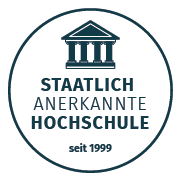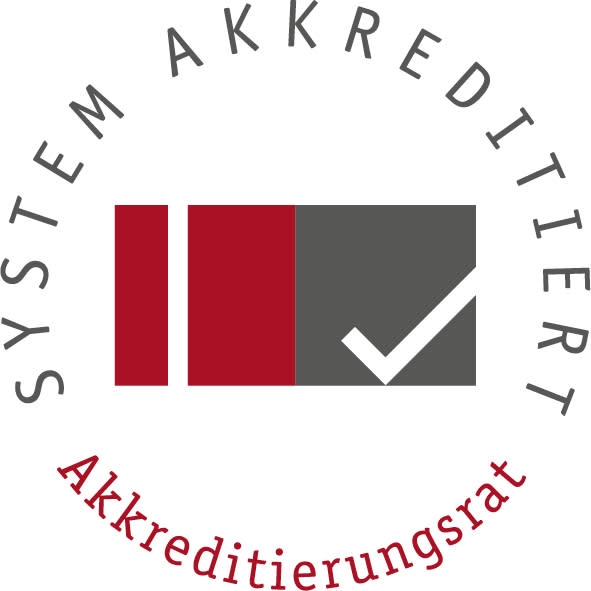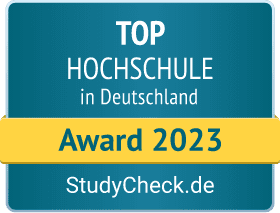What the study is about
Adult education in transition. A comprehensive look at the demands on continuing education and its pain points in the age of digitalisation.
The desire for education is great, especially among adults, both in Germany and internationally. Lifelong learning is the be-all and end-all for many people, as well as the decisive driver for further education. But for what purpose do people nowadays want to continue their education? First and foremost, it serves personal, private development. But one in two people would also like to continue their education in a professional context. In this case, it is primarily a matter of developing professionally in order to be able to keep up with technological progress and future issues. But a complete change or reorientation is also an option for many.
The interest in continuing education is generally high. Nevertheless, one in four is not prepared to bear the costs privately. Especially in Germany, people often lack an idea of exactly what knowledge they would like to acquire. In addition, many do not know exactly what further education opportunities are actually available. Even more problematic is the fact that even those who have informed themselves about continuing education have not been able to find any suitable offers for themselves. What are the reasons for this? The content of the offers does not exactly match their desire for continuing education - and the lack of flexibility of the offers is often a point of criticism.
Once these hurdles have been overcome, the feedback is definitely positive: more than half of the respondents in Germany - internationally even two thirds - have had very good experiences with continuing education. The main reasons for the good evaluation were the content of the training and the professional support. Progressive digitalisation also plays a major role in continuing education. Online lessons are clearly preferred nowadays. Both online lessons at set times and flexible lessons are desired.
All in all, digital continuing education opportunities are now more relevant than ever before. They offer the opportunity to integrate personal and professional training and development into everyday (work) life in a contemporary and individual way. And preferably remotely and flexibly.
Download study as PDF
Five important insights for Germany
Continuing education is a personal matter. Continuing education is important, there is no question about it. Even if one in two people would like to continue their education for professional reasons, the majority of them are interested in one thing above all: personal continuing education - regardless of their profession, simply because they are interested in certain subject areas.
Positive from the ground up. Slightly more than half of the respondents in Germany have already had very good experiences with continuing education. In particular, they were impressed by the quality of the course content and the professional support. 53 per cent say that continuing education helps them to achieve their goals, so they therefore look forward to it.
Information is everything! Over 38 per cent of the study participants are interested in continuing education, but do not know exactly what opportunities are available. Even among those who have already informed themselves, about 44 per cent say they have not yet found the right programme. Above all, they lack flexible offers that are suitable in terms of content. The desire for advice and counselling in order to find individual offers is also high.
Online flexibility. The spirit of the times is also affecting continuing education: In Germany, online teaching is generally preferred. Fixed online times are desired, but flexible, self-determined scheduling also suits more than a third of those surveyed.
Added value does not equal more value. In principle, little money is spent on private continuing education. Nearly a quarter of respondents think it's great to get further education but are not willing to pay the costs privately. Nevertheless, a lot is expected, especially when it comes to expanding soft skills.
About this study
Published on 16 November 2021
Target group in Germany: n=1,500; In Germany, a representative survey was conducted according to age and gender distribution of the German population between 26 and 55 years old.
International target group: n=2,000; Internationally, half of the participants per country were male and half female. The age was evenly distributed between 26 and 55 years old. 10 countries were included, each with a sample size of 200. The countries were: Spain, Italy, France, Poland, India, Pakistan, Nigeria, South Africa, Brazil and Mexico.
Survey period: 3 June 2021 – 7 June 2021
Contact our press team presse@iu.org
or our research team research@iubh.de
Request free study brochure
Thank you for deciding to find out all about your study programme and IU International University of Applied Sciences. Request your study brochure here - free of charge and without obligation.







